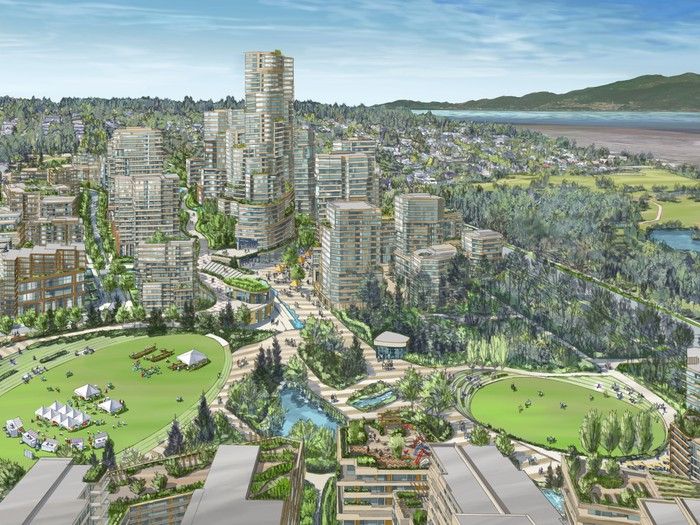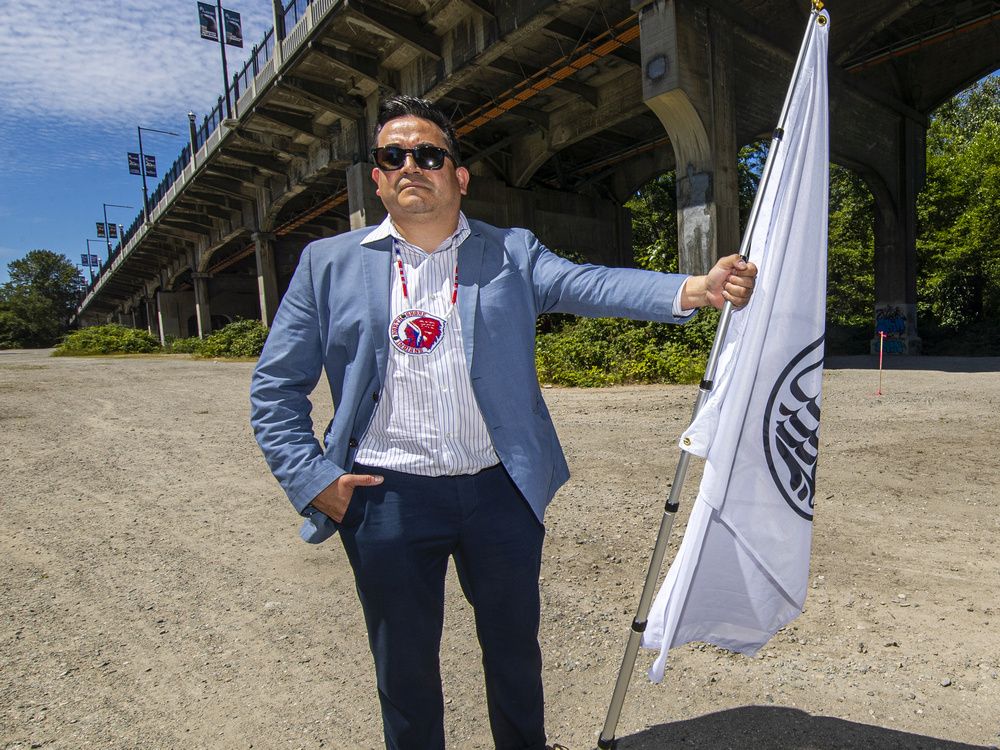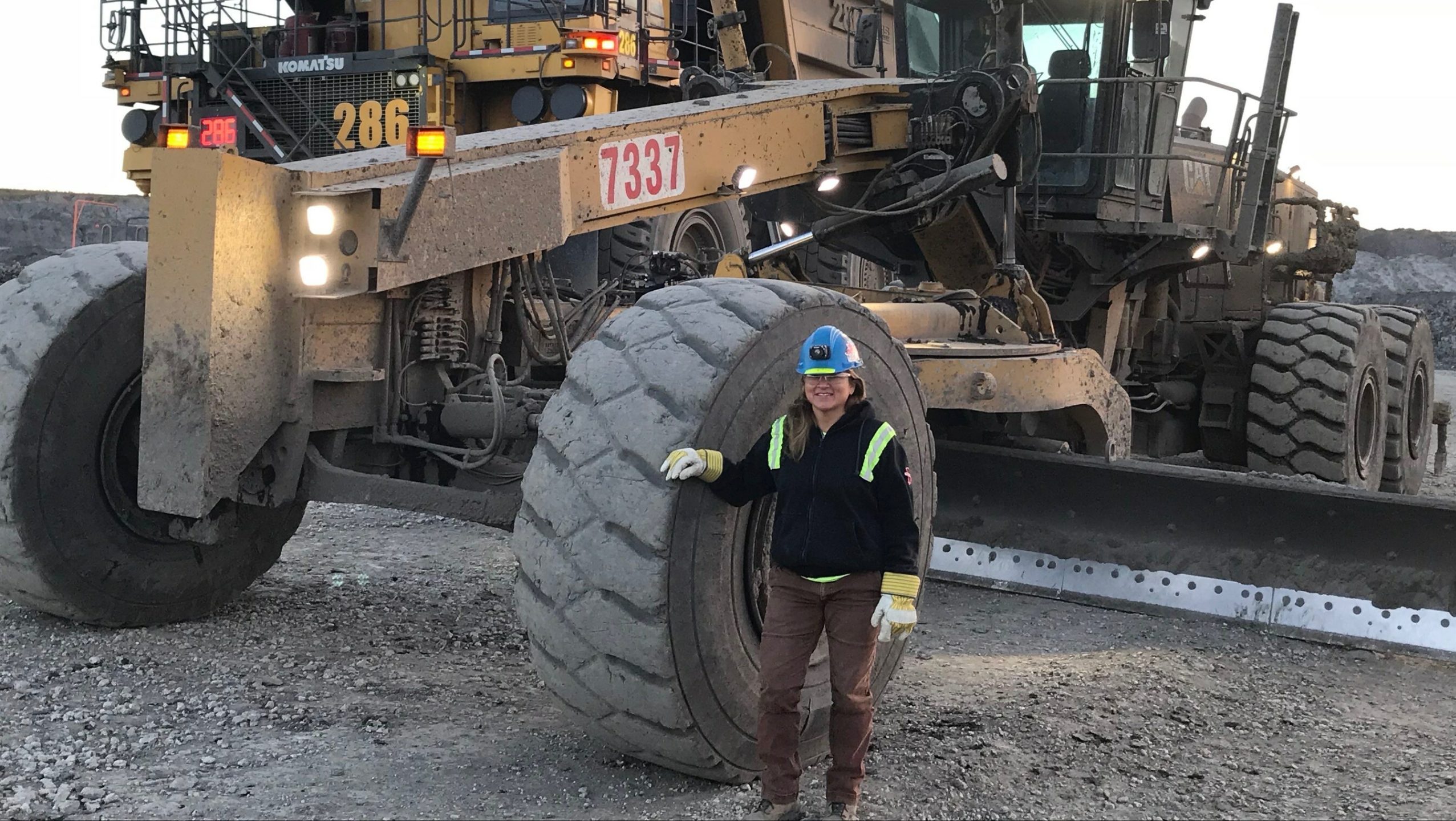- Reaction score
- 7,516
- Points
- 1,160
Did you see Charlie Angus’ riding in Timmins-James Bay?
He used to solidly command that riding. Now, he is in deadheat with the CPC.
Bet you he is ”thrilled” with the NDP stand on gun control…
Not really the current government in power, but it seems some feel there are no other important issues to deal with.
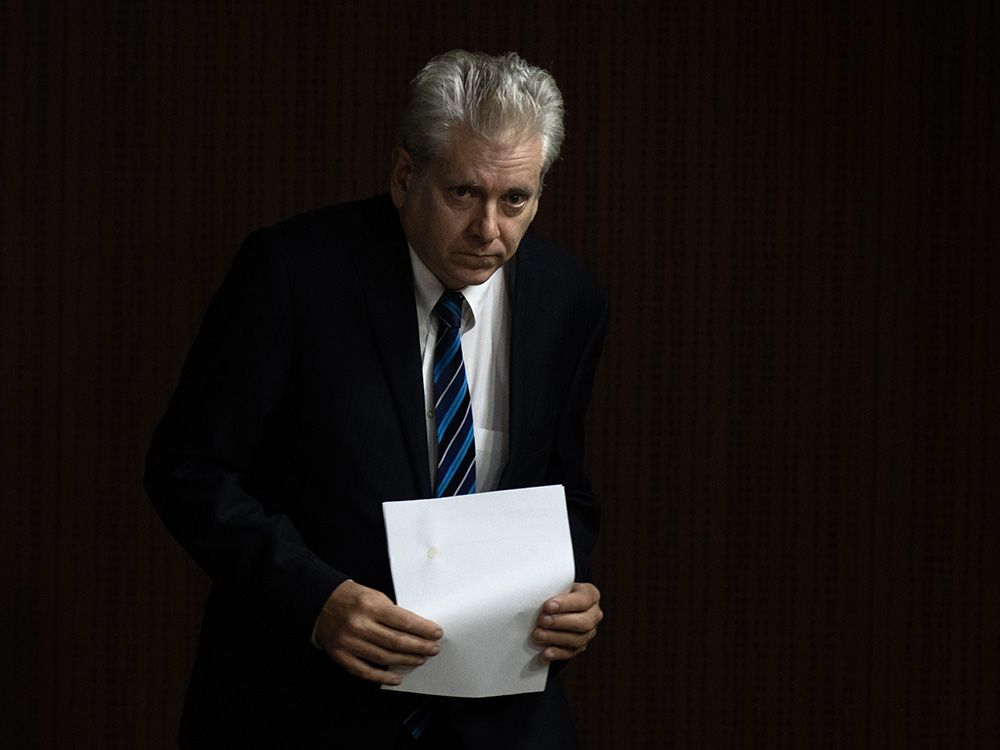
NDP bill would prescribe jail terms for speaking well of fossil fuels
C-372, also known as the Fossil Fuel Advertising Act, was tabled Monday as a private member’s bill by NDP MP Charlie Angusnationalpost.com
I guess private member bills don't have to be vetted through AG lawyers for the Charter compliance.

Don Braid: Alberta NDP leadership candidate's startling opener — axe the carbon tax
The last people you'd expect to call for killing the carbon tax is the NDP but that's what leadership candidate Rakhi Pancholi wants.
An opportunity for the local FN to get a footing and backed by the Ontario government but Trudeau's Feds less enthused.
Top federal government official casts doubt on Ontario’s Ring of Fire mining development
Jeff Labonté, assistant deputy minister with Natural Resources Canada, tells an Ontario First Nations community mines may never get built in the Ring of Fire region
Poilievre making supportive noises about FN business development.
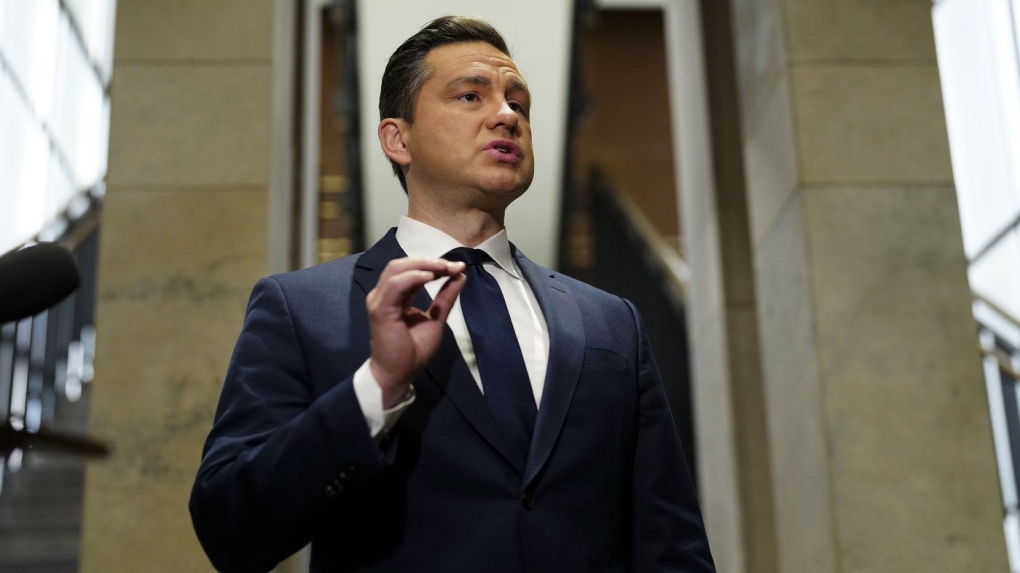
Poilievre proposes plan for First Nations to collect taxes from industry
Conservative Leader Pierre Poilievre proposed a new plan today for First Nations to collect taxes from industry that he says would speed up negotiations and project approvals.
But there is a risk that the Climate Emergency is cresting and the Ring of Fire opportunity might be slipping away.
How crashing metals prices are dashing Canada’s dream of leading in critical minerals
Concerns that Canada will lose the race to produce critical minerals to rival producers has some miners calling for government intervention, including the potential for Ottawa to directly fund new projects
Charlie is looking at the prospect of the Fossil Fuel FNs in the west becoming wealthy while his Hard Rock FNs lose their best opportunity in a century and continue to struggle. The right thing for Charlie to do, for his constituents, is to continue to talk up the Climate Emergency.
My own opinion -
I am a believer in "All of the above". Energy is fundamental. The cheapest source of energy is the best source of energy - and that is likely to vary from place to place.

